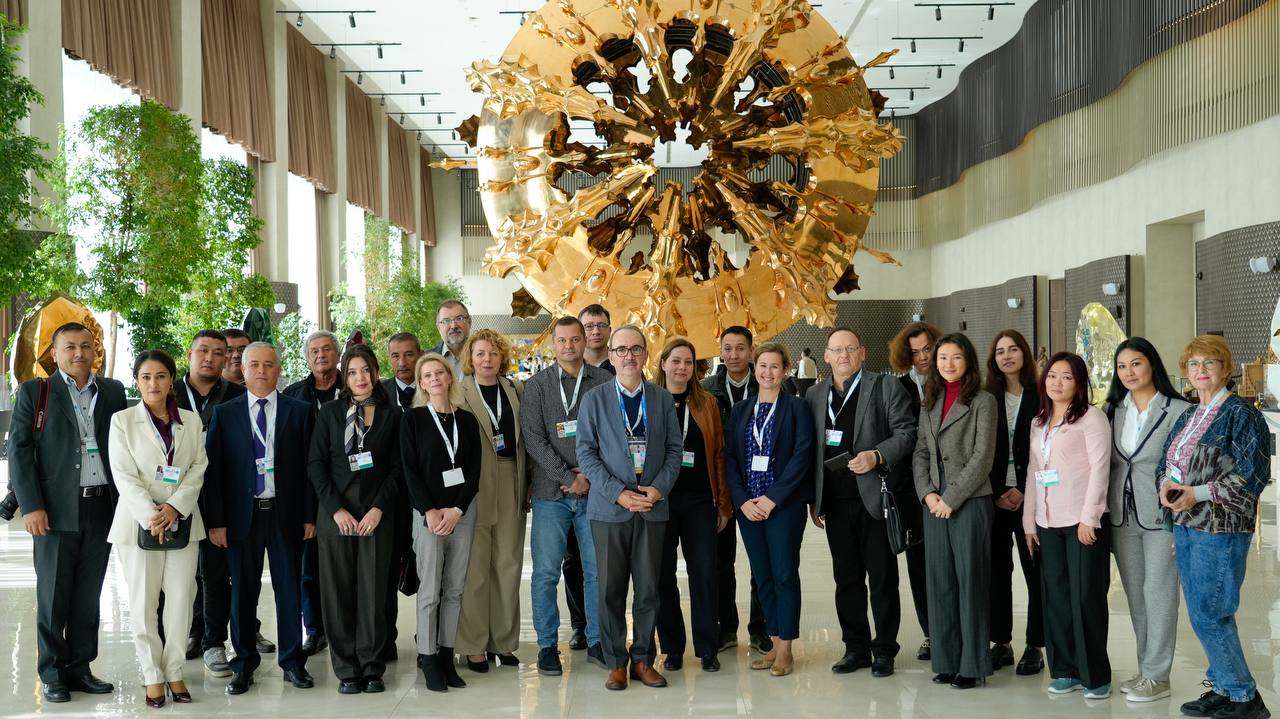
From November 10 to 12, as part of the preparations for the 21st session of the United Nations Convention to Combat Desertification (CRIC 21), a media training was organized for journalists from Kazakhstan, Kyrgyzstan, Uzbekistan, Tajikistan, and Russia at the Silk Road Congress Center in Samarkand with the support of the Ministry of Ecology, Environmental Protection, and Climate Change of Uzbekistan.

For reference: The United Nations Convention to Combat Desertification (UNCCD) aims to unite the efforts of the public and private sectors at the international level to combat desertification, land degradation, and mitigate the effects of drought. The Convention has 196 countries and the European Union as participants.
The training program included various activities, such as an informational seminar on the key areas of work of the UN Convention, panel discussions on topics such as "National aspects of desertification and drought," "Regional aspects of desertification and drought in Central Asia," "Approaches to covering CRIC's work in the regional and participant countries' context," and other events.


During a panel discussion, an expert from the Ministry of Ecology, Sobirjon Umarov, delivered a lecture informing participants that forest reforms in Uzbekistan are a comprehensive solution to environmental problems such as land degradation, desertification, climate change adaptation, and biodiversity conservation.
Madina Khalmirzaeva, an independent expert in the field of ecology and water resources, also shared the agenda of the panel discussions.
"The training provided information on the current state of water resources and the challenges associated with technical, climatic, geopolitical, and other changes. The Uzbekistan government has implemented a series of measures to improve the use of water resources, with special attention given to the 'Water Management Development Strategy 2030'," the expert explained.
"It is worth noting that 80% of water resources used in the country come from neighboring countries in the Central Asian region, with only the remaining 20% being generated within the country," she added.

Regarding water-saving technologies, she mentioned that by 2030, water-saving technologies are planned to be implemented on nearly half of irrigated lands, specifically covering 2 million hectares.
On the second day of the training, participants familiarized themselves with local practices in land resource management, drought adaptation, climate change, and also met with regional experts.
During field research , journalists visited fields and interacted with farmers who informed them about the technologies used in agricultural cultivation.













